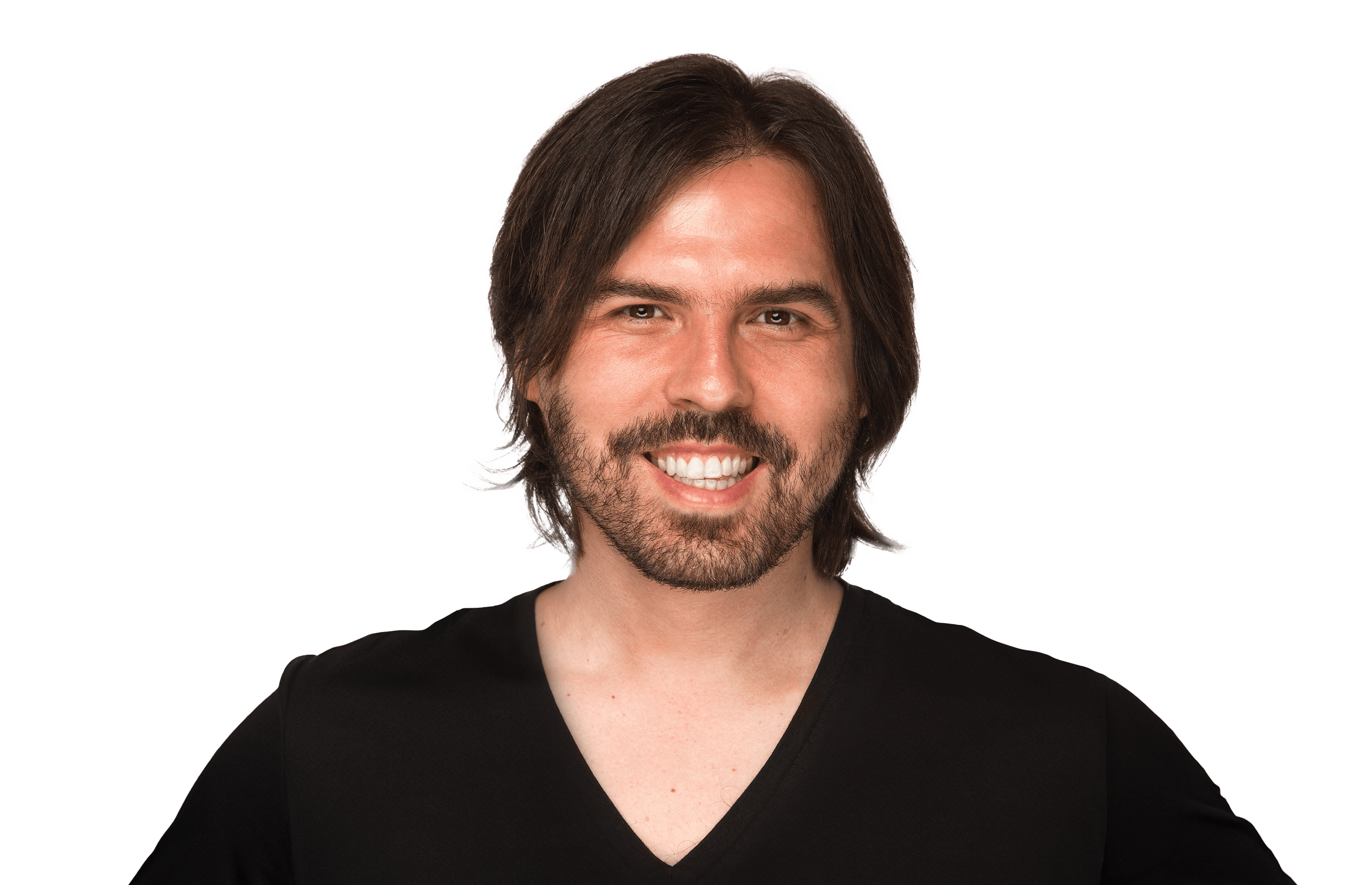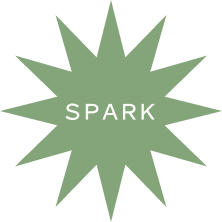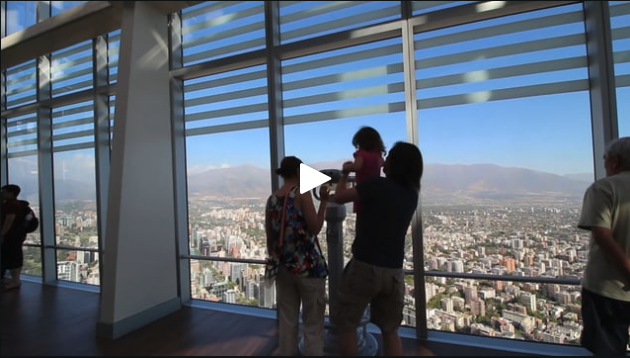I am a
Network Scientist
At MIT, Harvard & DatawheelCésar Hidalgo, PhD
This scientist was part of our original collection.*A few features may be different.
César
hidalgo
he/him
“At the end of the day, [science] is about exploring your own ignorance.”
Information is all around us. Some of it we can detect with our senses, some of it we process to create language, books, and art, and some of it we structure through the maths and sciences.
But what about everything else? If organizing information makes it more valuable, how do we organize more of it?
That’s a question that Dr. César Hidalgo has been asking his entire life.
As a young boy growing up in Chile, his idea of fun was taking notes on the bugs in his backyard so that he could categorize their characteristics. Or helping the local librarian to catalog the books on the shelves. He even classified his classmates, and kept a book of “field notes” in hopes of understanding why the people around him acted as they did.
Despite not having many examples of scientists in his community, a career in science felt like the natural fit for someone so obsessed with turning raw information into useful knowledge. How else can you get paid to make sense of the world?
Figuring out which science, on the other hand, was a bigger challenge. He explored astronomy and then physics, but neither served his ultimate goal of better understanding people and systems.
Finally, he discovered the field of “complex systems”, which was perfectly designed for the kind of person who categorizes backyard bugs and classifies their classmates. He could use mathematical principles and large datasets — often called big data — to identify patterns and relationships in real world networks, like economies, governments, and populations. Patterns that might otherwise have been missed.
Dr. Hidalgo now travels the world creating new ways to turn data into knowledge and to visualize that knowledge in beautiful and interactive ways, so that more people can put it to use. He works with global leaders to help them use untapped data to solve some of society’s biggest problems.
In other words, Dr. Hidalgo finds ways to capture raw information and turn it into usable knowledge, unlocking the answers that may have been right in our backyards all along.
Notable Accomplishments:
PhD in Physics from the University of Notre Dame
Information is Beautiful Award for “DataUSA”
Author of “Why Information Grows”
Leading Author of “The Atlas of Economic Complexity”
The
basics:
Expertise: Economics; Networks; Data Visualization; Physics
Title: Professor, Author & Entrepreneur
Institution: MIT, Harvard & Datawheel
I am a family man and selfie-lover who believes that we can use data to build better communities.
things I love:
ELECTRONIC MUSIC
•
GLOBAL POLICY
•
FAMILY TIME
•
TRAVEL
•
VIDEO GAMES
•
FUNNY MOVIES
•
ELECTRONIC MUSIC • GLOBAL POLICY • FAMILY TIME • TRAVEL • VIDEO GAMES • FUNNY MOVIES •
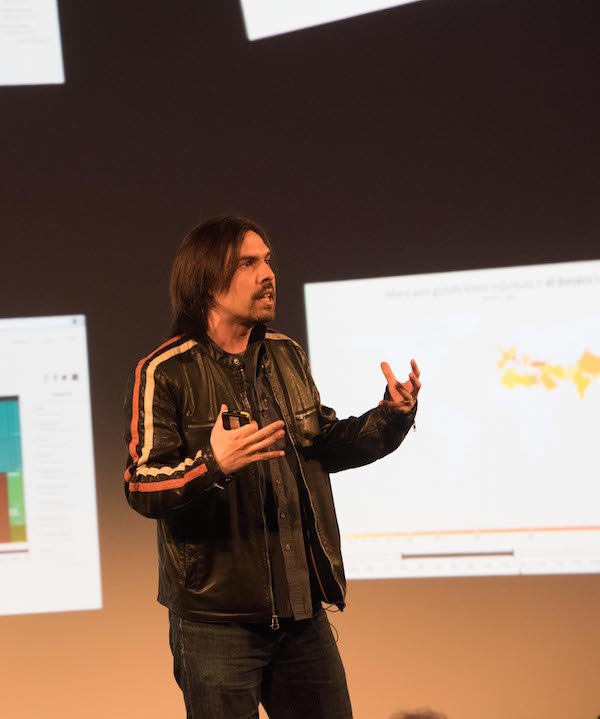
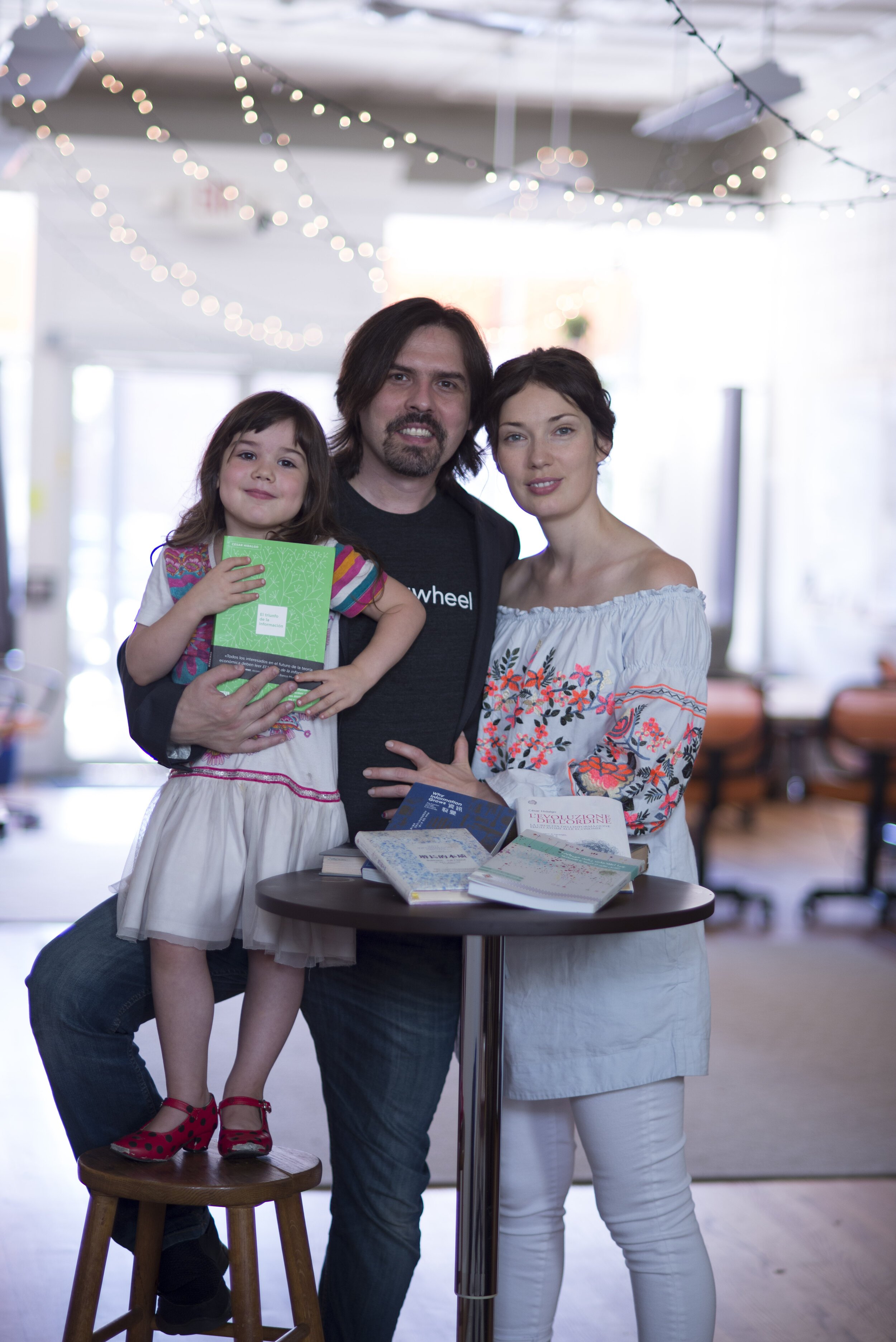
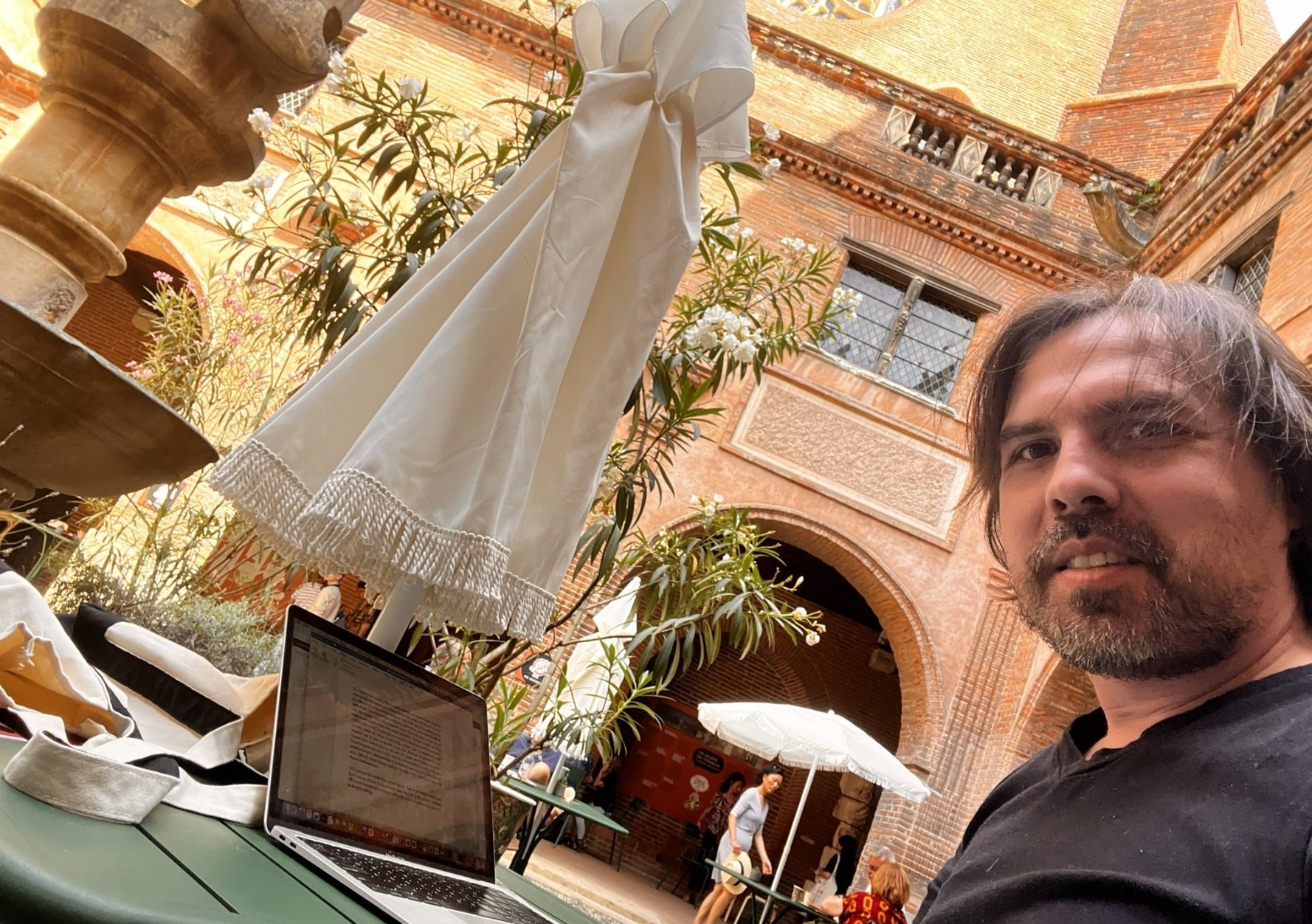
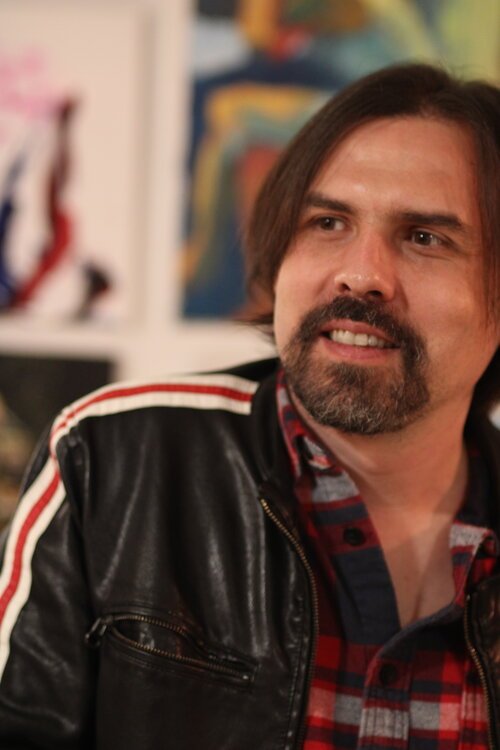

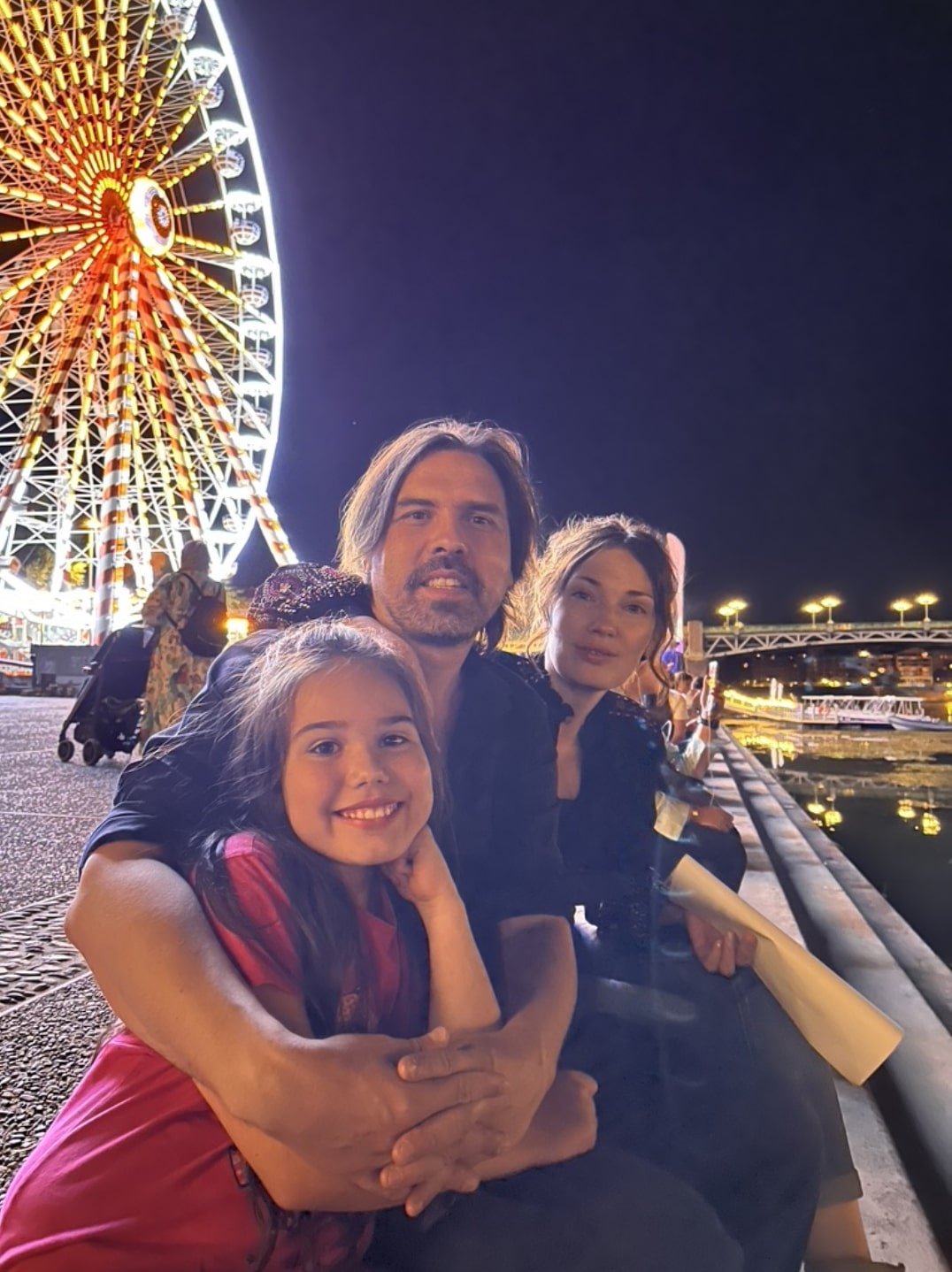
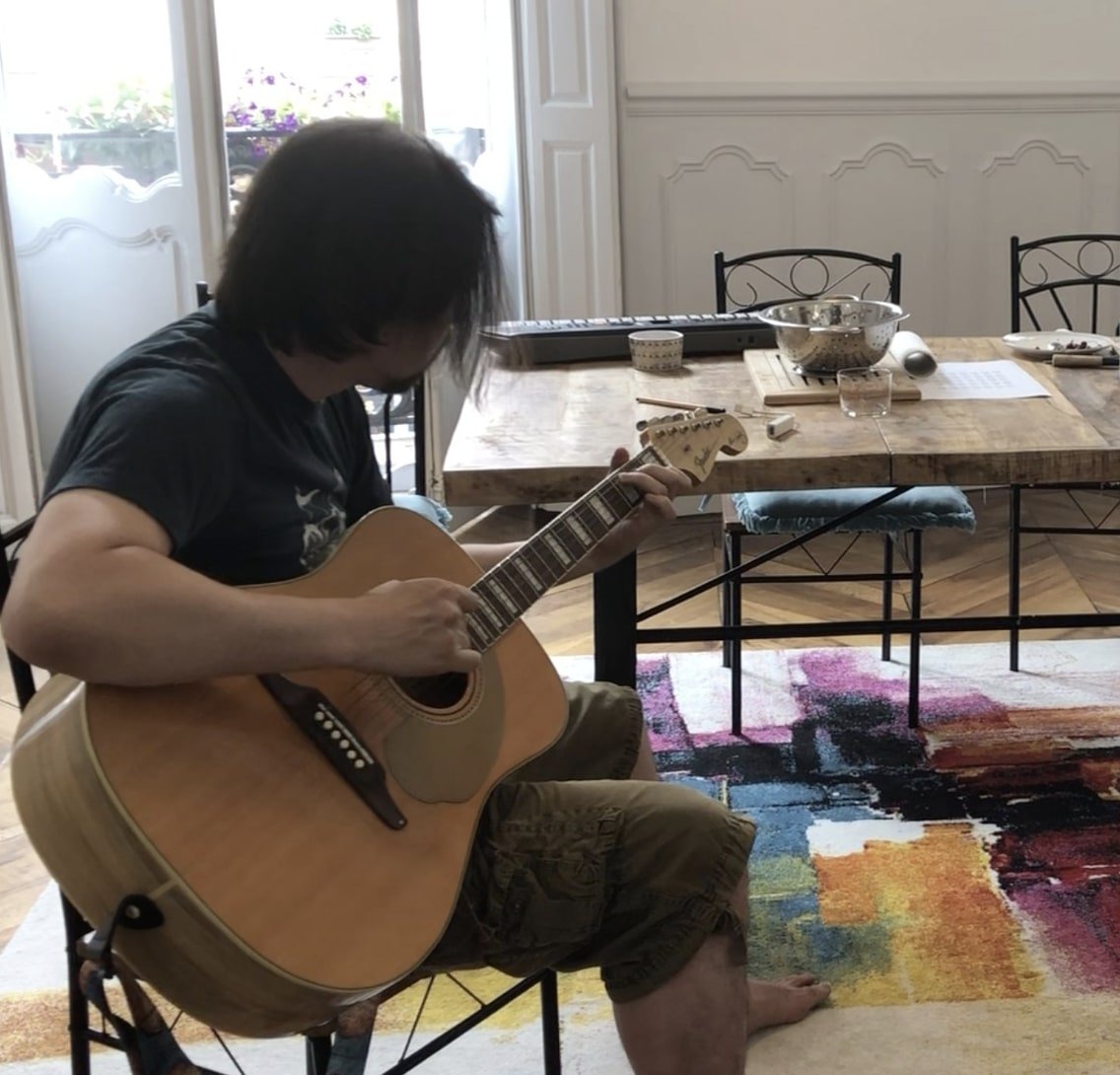


WHAT I DO
i am a NETWORK SCIENTIST
The goal of my work is to solve real world problems by studying patterns in everyday life.
I use use many different scientific tools to study real world problems.
I use computers and lots of data, travel and work with people all around the world, and spend a lot of time giving talks and writing.
Society is made up of lots of different systems.
These systems are organized by people, like families, businesses, economies, or governments. I study how these systems interact, learn, and get better.
I develop new ways to visualize data.
So, instead of it being just numbers on a spreadsheet, it makes it easier for anyone to understand.
MY WHY
I have always loved understanding systems and classifying them.
I want to know:
How do systems learn?
How can we communicate data and information to create better societies?
MY ADVICE
a little about me
I love getting famous celebrities and leaders to take funny selfies with me.
I used to have hair to my waist and wear leather pants all the time. When I was a kid, I loved spending time at the library. I spend all of my free time with my daughter. I love electronic music. I made a film documenting my life as a scientist. I’m interested in how groups and systems work.
MY PATH TO SCIENCE
Didn’t Really “Fit In”
Growing up in Chile, I wanted to be an inventor or a scientist. I didn’t really fit in with other kids my age. I preferred reading at the library to playing. I liked helping the librarian organize the card catalog, because I always loved organizing information. I loved understanding systems and classifying them — like the animals in my backyard. I would write down where I found them and what kind of environment they were in.
Exploring the Options
I grew up in an environment where becoming a scientist wasn’t a usual path. Most good students became engineers, lawyers, or doctors, but I didn’t want to do those things. I my last year of high school I became interested in astronomy and physics. At first, it didn’t make sense to me that you had to study physics to understand anatomy.
Bending Physics
I joined a Physics program and after a couple of years realized Astronomy wasn’t for me. It used a lot of computers to analyze data, but I wanted to understand people. Physics wasn’t really the best way to do that. I started studying complex systems, which is a whole field dedicated to looking at networks of people or ideas, how they interact and grow.
Moving to the USA
In 2020, I moved to the USA to attend the Massachusetts Institute of Technology. I created a whole new field called “Economic Complexity.” I also created new ways to visualize data so that it would be easier to understand. I continued creating ways to identify patterns in real world problems and make it easier to use what we know to try and solve them.
Getting Rid of Stereotypes
I started writing books, giving talks, traveling around the world, meeting with global leaders, and using my science to help shape better policies. I realized the importance of communicating what I was doing to leaders and to the public, because it was something that impacted everyone. I continue to push boundaries around what the job of a scientist can be.
I study Network Science
Network science uses data and methods from many different fields to explore the characteristics of complex systems (like the human brain, the economy, or biological communities).
INTRODUCING
Data Visualization
What is data visualization? Why does it matter?
Humans are visual learners. Studies have found that the human brain processes visual information 60,000 times faster than information written in text form. So, when trying to convey complex information about data, wouldn’t you rather someone show you rather than tell you? This preference explains the rising popularity and significance of data visualization, which is basically creating more graphical ways to organize and explore information. With so much information everywhere around us these days, visualizing it using graphs, maps and infographics can help us more quickly understand the data we need to make the best decisions.
Data visualization uses data from other areas of science to communicate findings in a creative and effective way. You can work in data visualization as part of many different disciplines or careers, but it is also a whole field of study on its own. What is the best way to represent data visually? Is it with a line or a shape or a color or even something interactive that changes when the user clicks on it? How can we use technology to improve the way we interface with data?
There are a lot of decisions that need to be made about which parts of the data are most important, how to display them, and what other information to combine them with to best explain what the viewer needs to know. This means that data visualization is not just science, it is also art. It is a creative and technical field that is both very new (the modern “big data” movement means we have vast amounts of information to visualize these days) and very old (all maps are basically data visualizations since they represent information in a visual way), and it is important to communicate the findings of every other field of science.
Career Resources
Every scientist’s path is unique, and the right resources can make all of the difference. Below are a selection of resources that may be helpful for those who are interested in areas of science that are related to Cesar’s work.
“Science can help you achieve an agreement or consensus between people.”
— César Hidalgo, PhD
KEEP EXPLORING
Here are some resources we recommend for diving deeper into themes from this story.
Mathematics & Statistics
FIELD GUIDE
coming soonView more related scientists:
Looking for teacher resources?
PHOTOGRAPHER: Erica Derrickson • Boston, MA© 2024 THE PLENARY, CO. ALL RIGHTS RESERVED. TERMS. PRIVACY.This is a brand new site! See an issue? Let us know.
